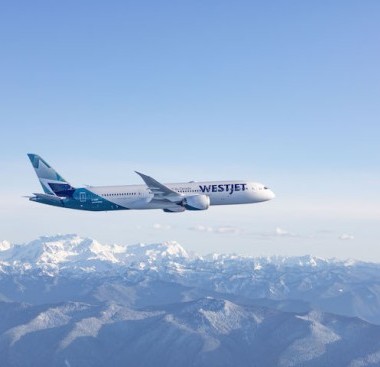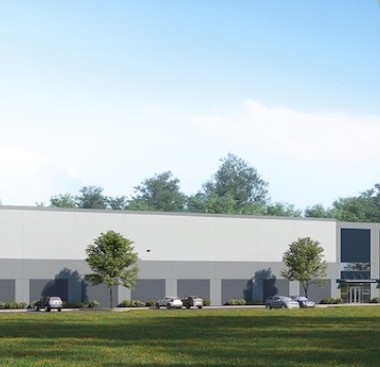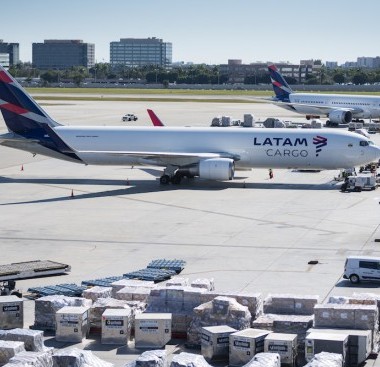Odyssey 2024 Transportation Management Outlook Study reveals attitudes about artificial intelligence and emerging technologies in logistics
Apr 25, 2024Odyssey Logistics , a leader in multimodal logistics solutions, announced the results of its 2024 Transportation Management Outlook Study. The study, conducted by Peerless Research Groupfor Odyssey, aims to gauge the logistics industry’s current use of, and attitudes toward, artificial intelligence (AI).
As AI begins to make inroads into the logistics space, the study revealed that just 25% of respondents use new applications or insights from AI in their organization. While the broader pool of respondents acknowledged that AI has the potential to enhance freight matching, operational efficiency, and route optimization, many respondents also expressed strong distrust of AI. This aligns with broad reports of trust in AI dropping over the last five years.
“The logistics industry is still feeling the effects of disruption from the pandemic and ongoing geopolitical concerns—and that has highlighted the greater need for more resilient global supply chains,” said Maneet Singh, chief information officer at Odyssey Logistics. “Transformation is certain, and practical uses for AI are gaining traction to advance this effort. However, this study shows skepticism and distrust around AI, and a seismic shift in how we do business will take time to unfold. Yet, in reality, we have only a short window to adapt.”
AI’s acceptance and distrust in the logistics industry can be attributed to the generational shift, increasing cybersecurity concerns, shipping practices, sustainability concerns, and the necessity of resilient supply chains.
The study revealed that 52% of the respondents favored a human-led approach to AI, where AI tools and insights serve as support. Additionally, as AI gains prominence, cybersecurity has surpassed fuel prices as the primary concern for survey respondents, with 46% prioritizing it over traditional concerns like fuel prices.
Responses also highlighted that the industry still struggles to fully embrace sustainability as a core value. However, there is a growing demand for improved sustainability practices. The ability of AI to process complex data inputs will be invaluable, especially when combined with human expertise. AI and other emerging technologies are already improving reporting, which can provide actionable data to support more sustainable transportation mode choices.
“The main strategy behind building supply chain resilience has been technology upgrades, and half of the study respondents have used this tactic since the pandemic began,” said Singh. “Now, we need to course correct on what’s traditionally been slow technology adoption in our industry and move past the ambivalences and distrust around AI because it is truly at the frontier of a supply chain resilience.”
Similar Stories
John Deere recognizes Ascent 9th consecutive time as partner-level supplier
This marks the ninth consecutive time the company has been awarded this recognition...
View ArticleFTR reports preliminary North American Class 8 Net Orders for April at 14,000 Units
FTR reported that Class 8 preliminary net orders for April came in at 14,000 units, down 28% from March but up 12.5% y/y. Class 8 orders for the past 12…
View Article
Universal Postal Union’s standards mitigate supply chain risks
View Article
Cushman & Wakefield arranges $125 million financing for fundrise for prominent 1.1MSF multi-market industrial portfolio in Southwest US
View Article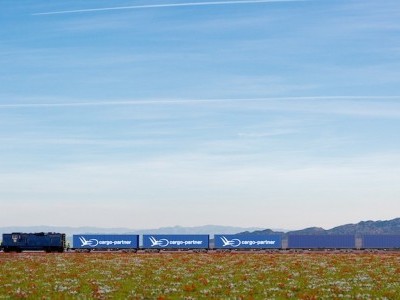
cargo-partner extends collaboration with HHLA Pure for CO₂-neutral transport within Europe
View Article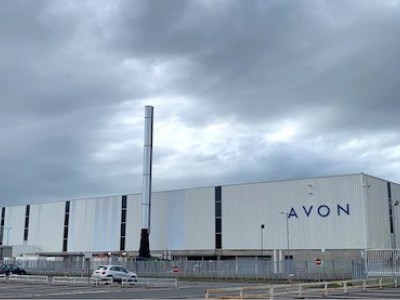
Arvato takes over Avon logistics center in UK
View ArticleGet the most up-to-date trending news!
SubscribeIndustry updates and weekly newsletter direct to your inbox!
